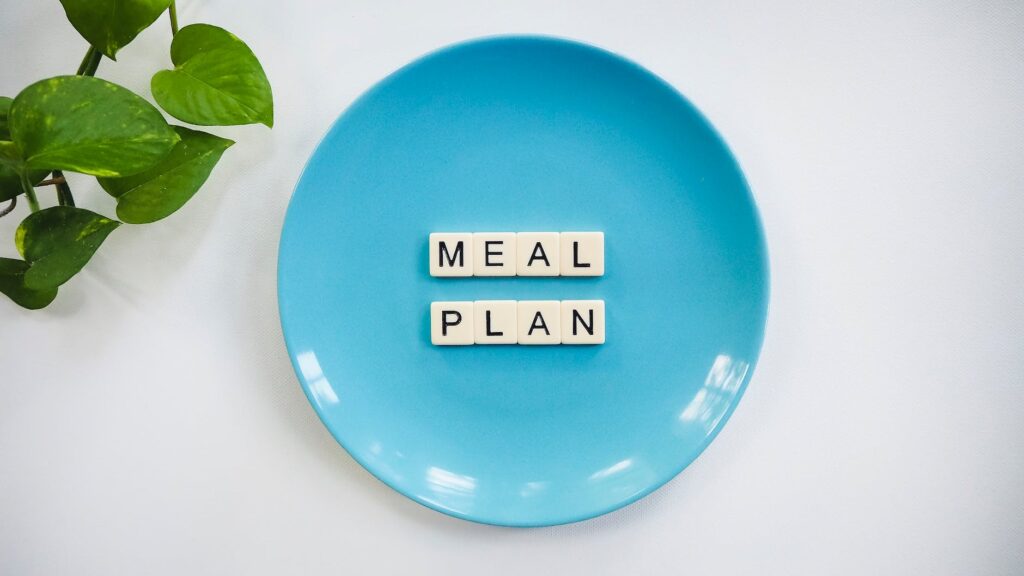Healthcare professionals lead incredibly busy lives, often working long hours and struggling to find time for essential tasks like meal preparation. However, maintaining a healthy diet is crucial for overall well-being and job performance. In this ultimate guide to meal prepping for healthcare professionals, we’ll provide helpful tips and strategies for efficiently preparing nutritious meals that keep you fueled throughout your demanding workdays.
Plan Your Meals

Start by planning your meals for the week ahead. Consider your schedule and nutritional needs, and create a meal plan that includes a variety of balanced, nutrient-dense meals. Make a shopping list based on your meal plan and purchase all the ingredients you’ll need in one trip to save time and minimize stress.
Keep It Simple
When selecting recipes, opt for those with simple ingredients and minimal preparation steps. This will help you save time and reduce the likelihood of feeling overwhelmed during meal prep. Focus on incorporating lean proteins, whole grains, healthy fats, and plenty of fruits and vegetables in your meals.
Invest in Quality Food Storage Containers
Investing in quality food storage containers is essential for successful meal prepping. Choose containers that are durable, leak-proof, and microwave-safe. Having a variety of sizes will allow you to store different types of meals and portion sizes effectively.
Cook in Batches
Batch cooking involves preparing large quantities of food at once, which can then be portioned and stored for future meals. This is a time-saving strategy that allows you to cook multiple servings of a single recipe, reducing the time spent in the kitchen throughout the week. Opt for recipes that can be easily scaled up and store well, such as soups, stews, casseroles, and grain-based salads.
Use Time-Saving Techniques
Incorporate time-saving techniques to streamline your meal prep process. Some ideas include:
- Pre-chopping vegetables and storing them in the refrigerator for future use
- Cooking grains, such as rice or quinoa, in large quantities and portioning them for multiple meals
- Pre-cooking proteins, like chicken or tofu, and storing them in the refrigerator to be added to various dishes throughout the week
- Utilizing a slow cooker or instant pot to prepare meals with minimal hands-on time
Prepare Grab-and-Go Snacks

Having healthy snacks on hand is essential for maintaining energy levels during long shifts. Prepare snack-sized portions of fruits, vegetables, nuts, yogurt, or other healthy options that can be easily stored and consumed on the go.
Organize Your Refrigerator and Pantry
Keeping your refrigerator and pantry organized will make meal prepping more efficient and enjoyable. Group similar items together, store prepped ingredients in visible locations, and label containers with the contents and date prepared to ensure freshness and easy access.
Schedule Time for Meal Prepping
Set aside dedicated time for meal prepping each week. This might involve spending a few hours on your day off or breaking the task into smaller, more manageable blocks of time throughout the week. Establishing a routine will make meal prepping feel more manageable and help you stay consistent.
Conclusion
By implementing these meal prepping strategies, healthcare professionals can enjoy nutritious, home-cooked meals even during the busiest workweeks. Not only will this save time and reduce stress, but it will also promote better health and well-being, ultimately enhancing job performance and overall quality of life.
